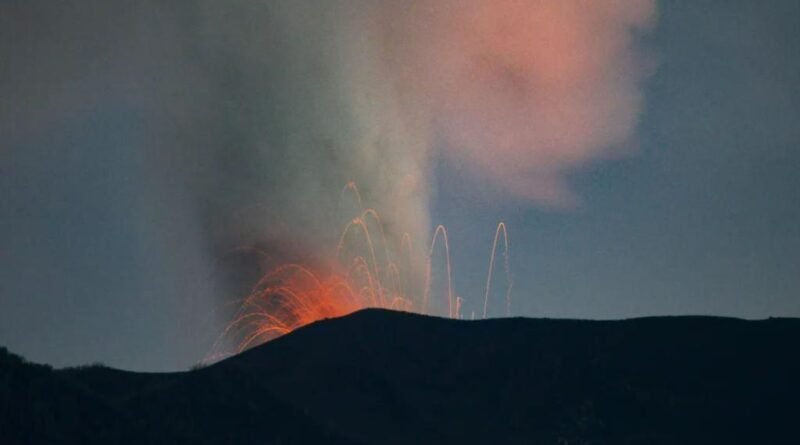The number of climate-related disaster deaths is at an all-time low
Watching the news, you get the sense that climate change is making the planet unlivable. We are bombarded with images of floods, droughts, storms, and wildfires.
We see not only the deadly events nearby but far-flung disasters — as long as the pictures are scary enough.
But this impression is wildly misleading and makes it harder to get climate change policy right.
Data shows climate-related events like floods, droughts, storms, and wildfires aren’t killing more people. Quite the contrary.
Over the past decade, climate-related disasters have killed 98% fewer people than a century ago.

This should not be surprising, because the trend has been obvious for many decades, although it rarely gets reported.
A century ago, in the 1920s, the average death toll from weather disasters was 485,000 per year.
In 1921, the New York Herald headlined its full-page coverage of droughts and famines across Europe with “Deaths for Millions in 1921’s Record Heat Wave.“
Since then, almost every decade has seen fewer deaths, with 168,000 average dead per year in the 1960s and less than 9,000 dead per year in the most recent decade, 2014-23.
The 98% drop in climate-related deaths is revealed by the most respected international disaster database, which is the gold standard in measuring these impacts.
It’s reliable because very deadly catastrophes have been documented fairly consistently over the centuries.
It is true, of course, that smaller events — often with far fewer or no fatalities — are much more likely to have been overlooked in the past, because there were fewer people and less advanced technology.
That is why some media and climate campaigners increasingly point to a rise in reported events (rather than the declining death toll) as evidence that climate change is ravaging the planet.
But all of the increase has been in less-serious events, whereas more deadly events are few and declining.
The “rise” is due to global interconnectedness that allows much better reporting of ever-small events, wherever they take place.
This is clear because the increase is seen in all categories of disasters measured — not only weather disasters, but also geophysical disasters like volcanoes and earthquakes, and technological disasters like train de-railings.
Not even radical climate activists claim that climate change is causing more trains to de-rail, or more volcanoes to explode.
That is why fatalities provide a much more robust measure.
These are falling dramatically because innovation has allowed humanity to better adapt to disasters.
One much-cited study shows that at the beginning of this century, an average of 3.4 million people experienced coastal flooding, with $11 billion in annual damages.
Around $13 billion, or 0.05% of global GDP, was spent on coastal defenses.
By the end of this century, there will be more people in harm’s way, and climate change will mean sea levels rise several feet.
If we do nothing and just keep coastal defenses as they are today, vast areas of the planet will be routinely inundated, flooding 187 million people and causing damage worth $55 trillion annually, costing more than 5% of global GDP.
But richer societies will adapt before things get that bad
Source link




